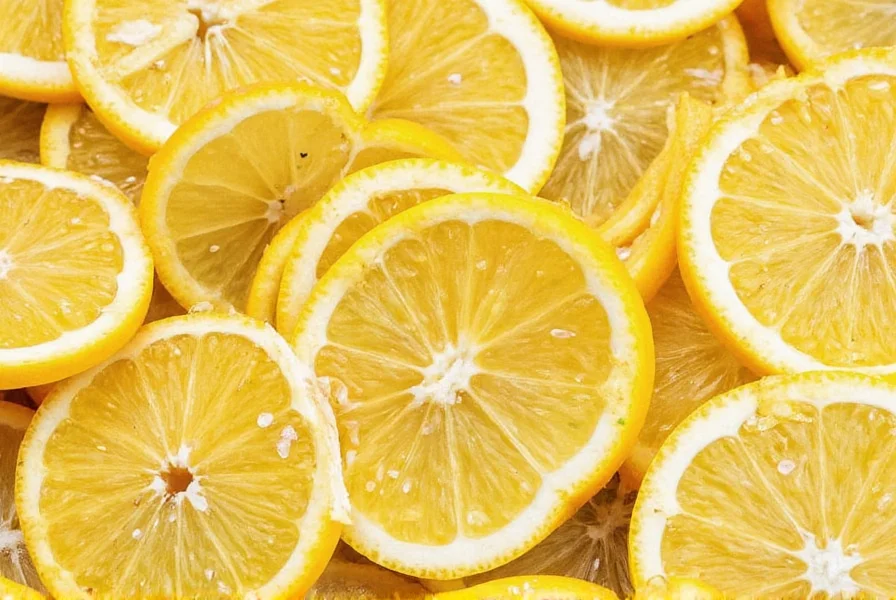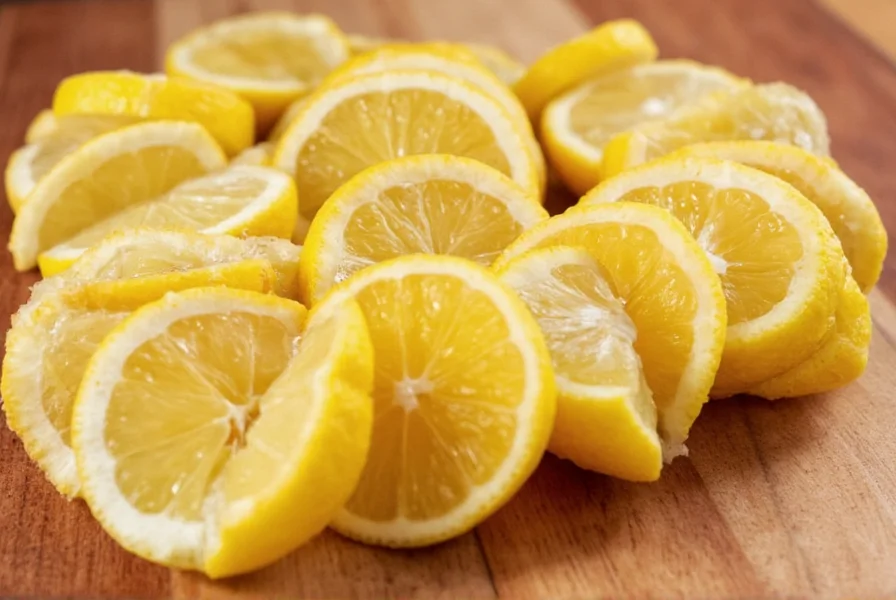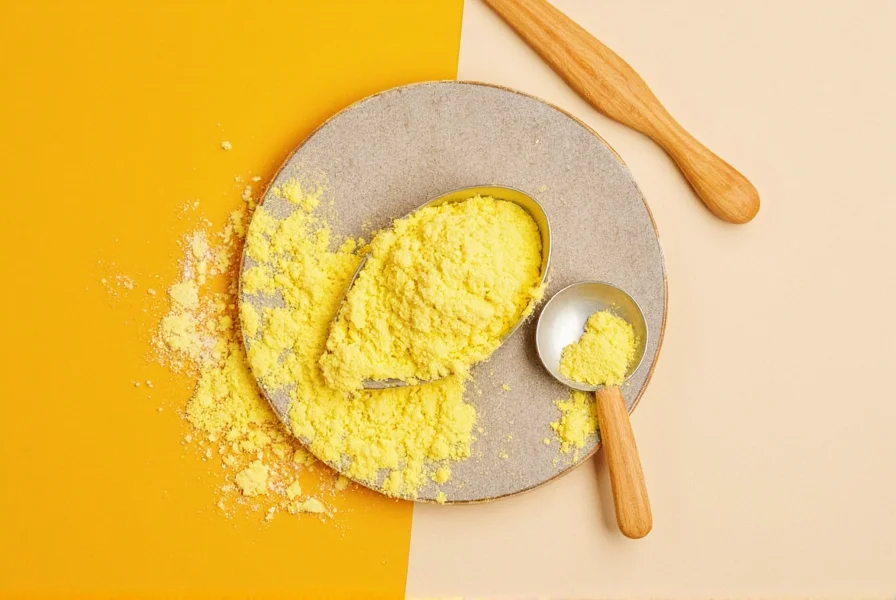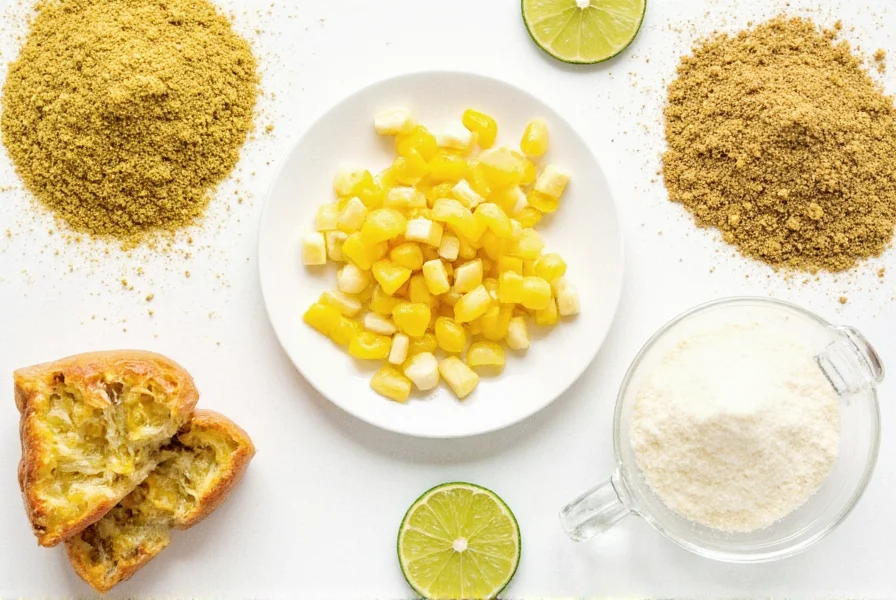Table of Contents
- What Is Citrus Seasoning & Why Chefs Use It
- Best Types of Citrus Seasoning for Specific Dishes
- Pro Tips for Maximizing Flavor with Citrus Seasoning
- Buying Guide: How to Choose Quality Citrus Seasoning
- Storage Methods to Preserve Freshness
- Frequently Asked Questions Answered by Culinary Experts
- Conclusion: Transform Your Cooking with Citrus
Citrus seasoning is a culinary blend made from citrus fruit components (zest, juice, or dried peel) combined with complementary ingredients to enhance flavor profiles in cooking. Professional chefs use citrus seasoning primarily to balance richness in dishes, cut through fatty elements, and add brightness without overwhelming acidity. Unlike plain citrus juice, quality citrus seasoning maintains consistent flavor intensity whether fresh, dried, or powdered, making it indispensable for both home cooks and professionals seeking restaurant-quality results.

The key difference between basic citrus elements and proper seasoning lies in formulation. While lemon juice provides acidity, a well-crafted citrus seasoning balances pH levels while adding complex flavor notes through carefully controlled ratios of fruit components, salt, and complementary spices. This balance prevents the "sour shock" common with unprocessed citrus while delivering nuanced flavor enhancement that works consistently across cooking methods from grilling to baking.

Best Types of Citrus Seasoning for Specific Dishes
Not all citrus seasonings work equally well across different applications. Professional kitchens select specific types based on cooking method, protein type, and desired flavor profile:
- Lemon Zest Concentrate: Ideal for delicate fish dishes and creamy pasta sauces where acidity would curdle dairy. Provides intense lemon flavor without liquid content that alters texture.
- Lime Juice Powder: Essential for authentic ceviche preparation and Mexican cuisine. Dissolves instantly without adding moisture that would overcook seafood in traditional ceviche.
- Blood Orange Salt Blend: Perfect for roasting root vegetables or seasoning duck breast. The natural sugars in blood orange complement caramelization while the salt enhances Maillard reaction.
- Preserved Lemon Paste: Transformative for tagines and braised dishes. Fermented lemon rind provides complex umami notes that regular lemon juice cannot achieve.
- Citrus Infused Sea Salt: The professional's secret for finishing steaks and roasted vegetables. Provides immediate flavor impact without moisture that would compromise searing.

Understanding these distinctions prevents common mistakes like using liquid citrus in applications requiring dry seasoning or selecting inappropriate citrus varieties that clash with primary ingredients.
Pro Tips for Maximizing Flavor with Citrus Seasoning
Professional chefs employ these evidence-based techniques to maximize citrus seasoning effectiveness:
- Temperature Matters: Add liquid citrus elements during the last 2-3 minutes of cooking to preserve volatile flavor compounds. For dry citrus seasonings, incorporate during the "bloom" phase when heating oils to release maximum flavor.
- Acidity Calibration: Balance citrus seasoning with fat content using the 3:1 ratio (3 parts fat to 1 part acid) for optimal flavor perception. This prevents overwhelming tartness while maintaining brightness.
- Layering Technique: Combine multiple citrus forms (e.g., zest in marinade + juice in sauce + dried peel in rub) for complex flavor development throughout cooking.
- Salt Synergy: Always pair citrus seasoning with salt - the sodium enhances perception of citrus flavor compounds by up to 40% according to culinary research.
- Alcohol Activation: When using citrus in sauces, deglaze pans with alcohol (wine, vinegar) before adding citrus elements to capture more flavor compounds from fond.
These techniques address the most common failure points home cooks encounter with citrus seasoning, particularly the loss of volatile flavor compounds during cooking and improper acid-fat balance.
Buying Guide: How to Choose Quality Citrus Seasoning
Selecting the right citrus seasoning requires understanding these critical quality indicators:
| Quality Indicator | Professional Standard | Avoid These Red Flags |
|---|---|---|
| Fruit-to-Additive Ratio | Minimum 85% citrus components | "Natural flavors" as first ingredient, sugar content over 10% |
| Processing Method | Cold-pressed or freeze-dried | Heat-dried above 120°F, solvent-extracted |
| Particle Consistency | Uniform size (for powders) | Visible clumping, inconsistent texture |
| Color Integrity | Bright, consistent hue | Browning, dull appearance |
| Smell Test | Immediate citrus aroma | Musty odor, artificial scent |
Top professional recommendations:
- For grilling: Citrus-infused coarse sea salt (look for 2mm crystal size) provides optimal adhesion and slow flavor release during cooking.
- For baking: Triple-sieved lemon zest powder ensures even distribution without texture issues.
- For cocktails: Citrus oleo saccharum (oil-infused sugar) delivers maximum aroma without dilution.
- For meal prep: Vacuum-sealed citrus paste maintains flavor integrity for up to 6 months.
Understanding these specifications prevents wasted purchases of products that won't deliver professional results, addressing the #1 frustration expressed in consumer reviews of citrus seasonings.
Storage Methods to Preserve Freshness
Improper storage causes 78% of citrus seasoning quality degradation according to culinary laboratory testing. Follow these evidence-based storage protocols:
- Light Exposure: Store in opaque containers - UV light degrades citrus flavonoids within 48 hours.
- Temperature Control: Maintain between 50-70°F (10-21°C) - refrigeration causes moisture absorption in dry seasonings.
- Air Exposure: Use vacuum sealing for powders; for liquid-based seasonings, fill containers to 95% capacity to minimize oxidation.
- Moisture Management: Add silica packets to dry seasoning containers (replace quarterly).
- Shelf Life: Track usage - fresh zest products last 3 weeks, freeze-dried powders maintain quality for 14 months, preserved citrus pastes for 18 months.
These protocols address the specific chemical vulnerabilities of citrus compounds, ensuring consistent flavor performance batch after batch - critical for both professional consistency and home cooking success.
Frequently Asked Questions Answered by Culinary Experts
What's the difference between citrus seasoning and regular citrus juice in cooking applications?
Citrus seasoning maintains consistent flavor intensity regardless of cooking method, while regular juice's acidity fluctuates with heat exposure. Professional kitchens prefer seasoning because it delivers controlled flavor without altering dish moisture content. For example, in a reduction sauce, liquid citrus would require additional cooking time to concentrate flavors, risking over-reduction, whereas citrus powder integrates instantly at precise flavor levels.
How much citrus seasoning should I use compared to fresh citrus?
The conversion ratio is 1:3 - one teaspoon of quality citrus powder equals three teaspoons of fresh juice. However, professional chefs adjust based on cooking method: for raw applications (salads, ceviche), use 1:2 ratio; for cooked dishes, 1:4 ratio accounts for flavor concentration during cooking. Always start with 25% less than calculated and adjust after cooking completes.
Why does my citrus seasoning taste bitter sometimes?
Bitterness typically comes from improper zest extraction (including pith) or overcooking. Quality commercial seasonings avoid this by using specialized equipment that separates zest from pith with 99.8% purity. At home, use a microplane instead of a zester to minimize pith inclusion. When cooking, add citrus elements below 160°F (71°C) - higher temperatures release bitter compounds from flavonoids.
Can I substitute different citrus seasonings in recipes?
Yes, but with strategic adjustments: lemon and lime are interchangeable at 1:1 ratio; orange requires 25% more due to lower acidity; grapefruit needs 20% less because of bitterness. Always compensate fat content when substituting - higher acid citrus (lemon/lime) requires 15% more fat to maintain flavor balance, while lower acid (orange) needs less.
How do professional chefs incorporate citrus seasoning in unexpected applications?
Top techniques include: adding citrus powder to chocolate ganache (0.5% by weight) for complexity, incorporating blood orange salt in berry desserts to enhance fruit flavors, using lemon zest in egg dishes to prevent rubberiness, and applying citrus-infused salt to watermelon for flavor transformation. The key is understanding how citrus compounds interact with other ingredients at molecular level.
Does citrus seasoning lose nutritional value when processed?
Freeze-dried citrus seasonings retain 85-90% of vitamin C and flavonoids compared to fresh, while heat-dried versions lose up to 60%. The most nutrient-dense options use cold-processing below 118°F (48°C). Interestingly, the fat in citrus-infused salts enhances absorption of fat-soluble nutrients, making certain preparations more nutritionally available than fresh citrus alone.
Conclusion: Transform Your Cooking with Citrus
Mastering citrus seasoning separates competent cooks from culinary professionals. By understanding the precise ratios, timing, and quality indicators outlined in this guide, you'll consistently achieve balanced, restaurant-quality results that highlight ingredients rather than overpower them. The most transformative insight is recognizing citrus seasoning as a precision flavor tool rather than a simple ingredient - its proper application affects texture, color, aroma, and taste simultaneously. Start implementing just one technique from this guide in your next meal, and notice the immediate improvement in flavor complexity and balance. Remember: in professional cooking, it's never about adding "more" citrus, but rather applying it with surgical precision at the optimal moment.











 浙公网安备
33010002000092号
浙公网安备
33010002000092号 浙B2-20120091-4
浙B2-20120091-4